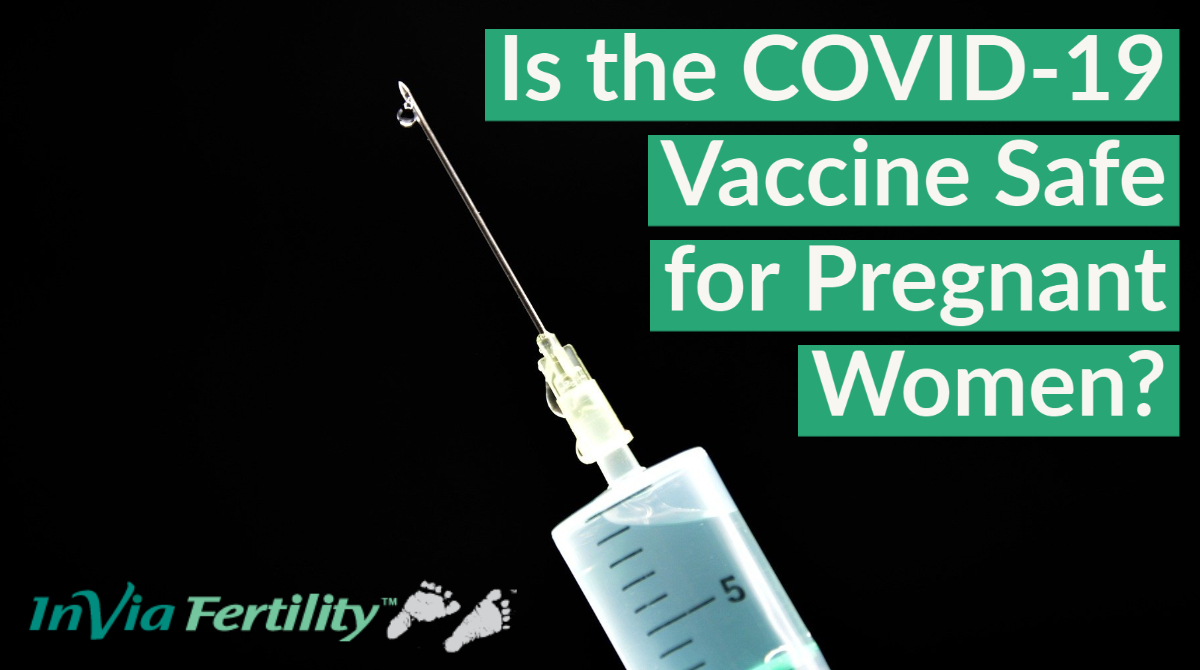We are experiencing a very high volume of calls and messages and ask for your patience. We will answer your portal messages within 48 hours.
We are experiencing a very high volume of calls and messages and ask for your patience. We will answer your portal messages within 48 hours.

One year after the first cases were detected, the COVID-19 pandemic continues to affect daily life in the United States. It is difficult to take in the full impact of the disruption, illness and loss of life the pandemic has caused. However, thanks to an unprecedented level of coordination among researchers and pharmaceutical companies, effective vaccines have already been developed and manufactured.
While the basic principles behind the COVID-19 vaccines have been researched for many years, the incredible speed at which they were developed means a significant number of people are hesitant about receiving the vaccination—in a December 2020 poll by the Pew Research Center, for example, 39% of respondents said they “probably” or “definitely” would not receive a COVID-19 vaccine due to safety concerns.
This concern can be heightened among people who are trying to become pregnant or who are pregnant. We here at InVia Fertility Specialists continue to field questions about whether or not it is safe for pregnant people (or for people who are trying to conceive) to go ahead and receive a COVID-19 vaccination.
Experts around the country are monitoring the vaccination issue closely. Huge amounts of research are pouring out daily. So far, the evidence is favorable when it comes to the COVID-19 vaccines’ safety for pregnant women. Here are some findings from a recent American Society of Reproductive Medicine (ASRM) task force meeting about the vaccines.
It is true that definitive evidence about the safety of the vaccine for pregnant women is not yet available. This is because of issues around enrolling people who are pregnant in drug trials. However, anecdotal evidence from pregnant women who have received the vaccination suggests that, to date, there are no known safety concerns specific to pregnant people who receive the vaccine.
Evidence does show that the messenger RNA (mRNA) injected during COVID-19 vaccination is quickly absorbed by muscle tissue. This means that the mRNA is too degraded to cross the placenta once it has traveled through the body.
There is no evidence COVID-19 vaccination causes infertility. Neither male nor female fertility appears to suffer in any of the studies yet published. Additionally, during a randomized, controlled trial by Pfizer-BioNTech, similar numbers of women from both the active vaccine and placebo vaccine groups successfully became pregnant after the trial.
The spike protein the COVID-19 vaccine attacks shares some DNA with a protein that regulates placental cell fusion, but is not the same in any other way. This means that the COVID-19 vaccine does not provoke an immune reaction in the human placenta which could endanger a pregnancy.
The ASRM recommends vaccination for people who want to become pregnant or who are pregnant. This is because while the death rate for COVID-19 is still around 1%, the risk of developing severe disease which causes high fever or low oxygen saturation in the blood—both of which can damage a developing pregnancy—is still not worth taking. Additionally, evidence continues to grow which shows that many patients who are hospitalized due to a COVID-19 infection are likely to suffer from at least one long-term health issue after overall recovery. In a recent study of patients in China, 76% of COVID-19 survivors reported a lasting problem with their health following discharge from the hospital.
Pregnancy can be a physically challenging time even when everything proceeds smoothly: it’s worth avoiding “long COVID” symptoms such as fatigue, ongoing breathlessness and body aches by following mitigation strategies (hand washing, mask wearing, etc.) and—yes—by receiving the vaccine when you are able to.
I hope this offers you some clarity about the safety of the COVID-19 vaccine for pregnant people and for people who are trying to conceive. If you want to talk to board-certified fertility specialists who value evidence-based medicine and offering their patients the information they need to make important choices, I and my colleagues are here for you. Get in touch with InVia Fertility Specialists today.

Entire Website © 2003 - 2020
Karande and Associates d/b/a InVia
Fertility Specialists
